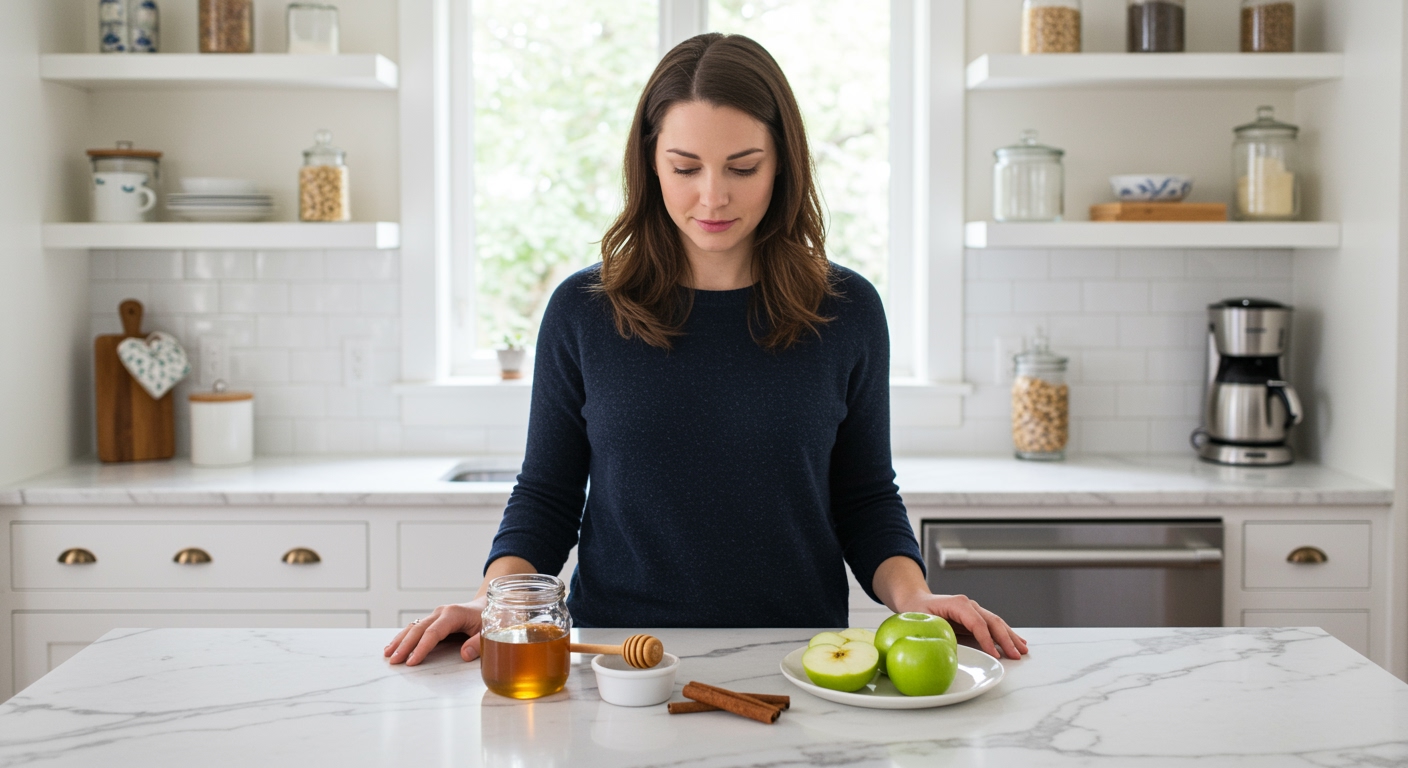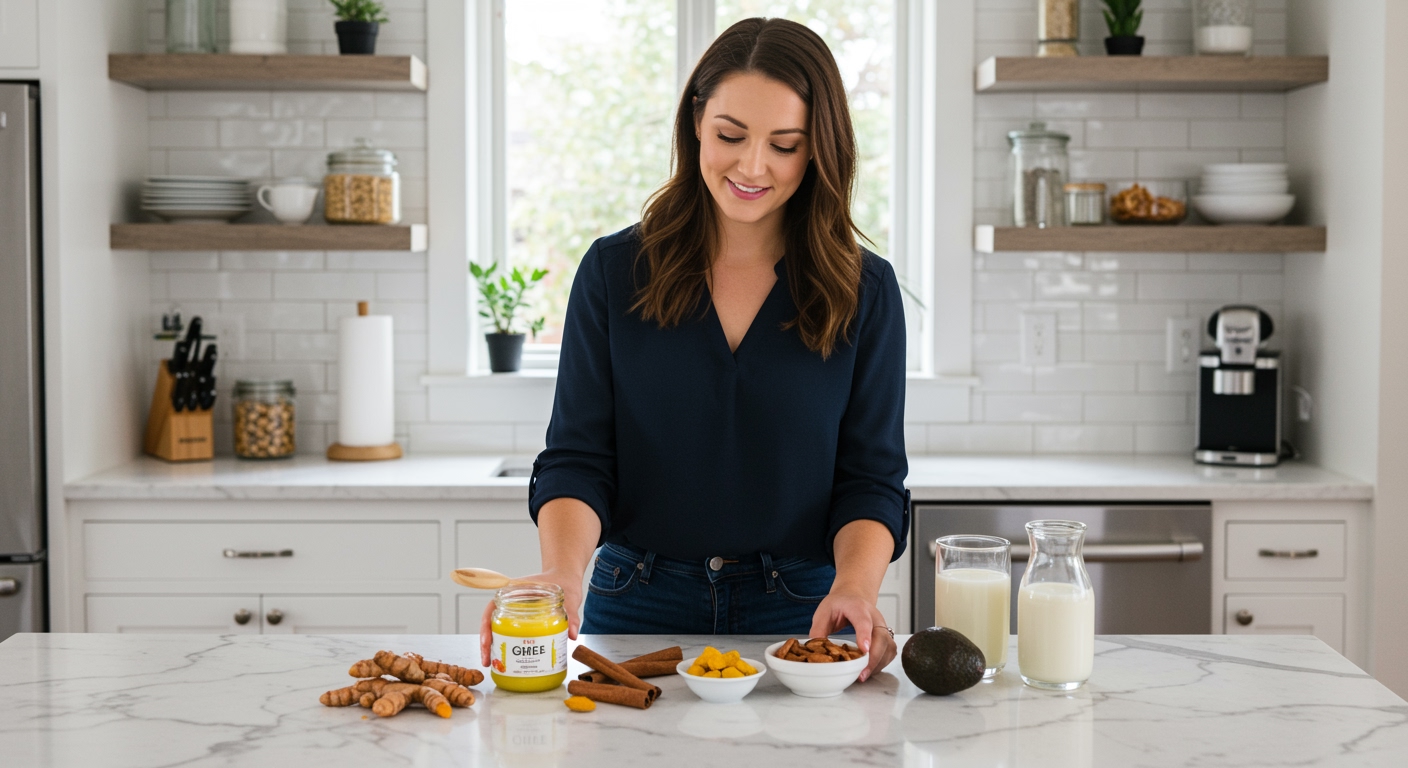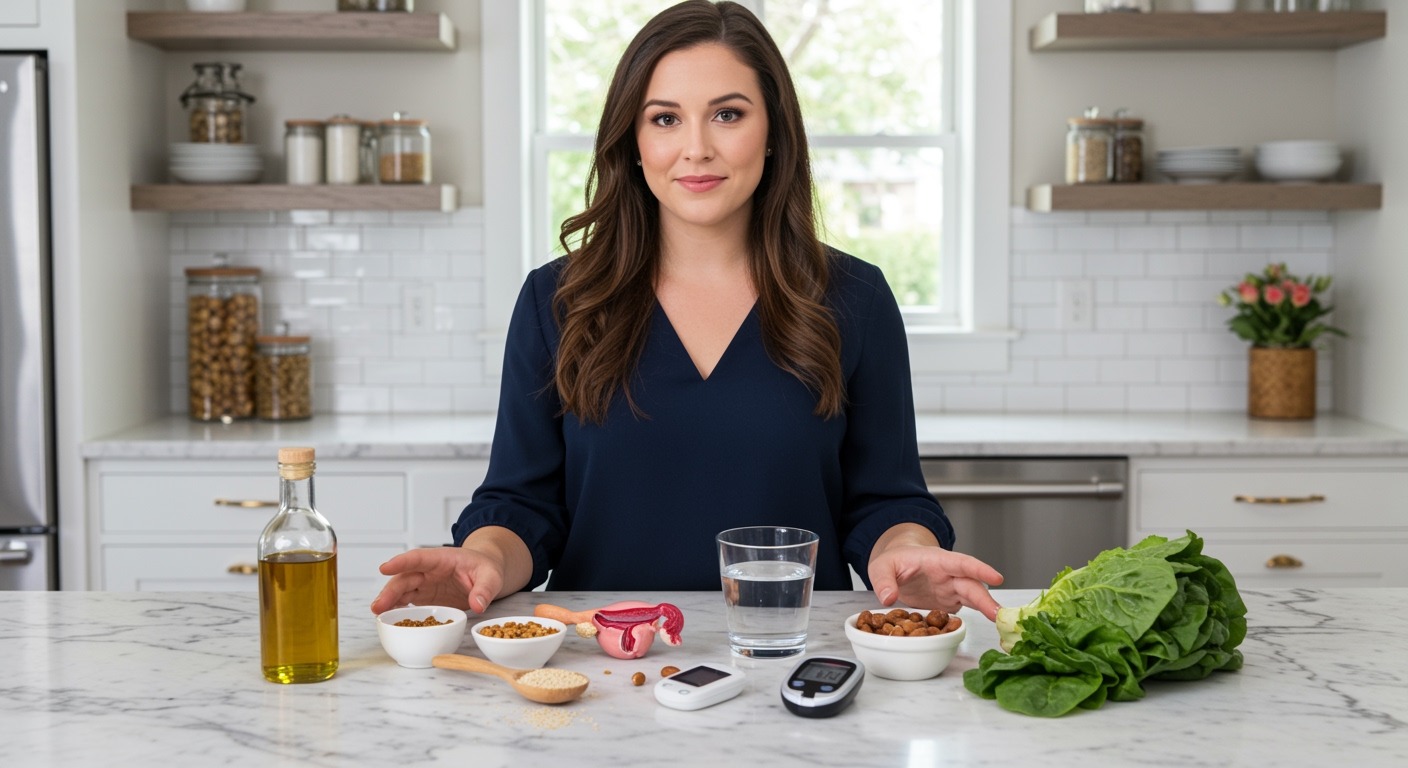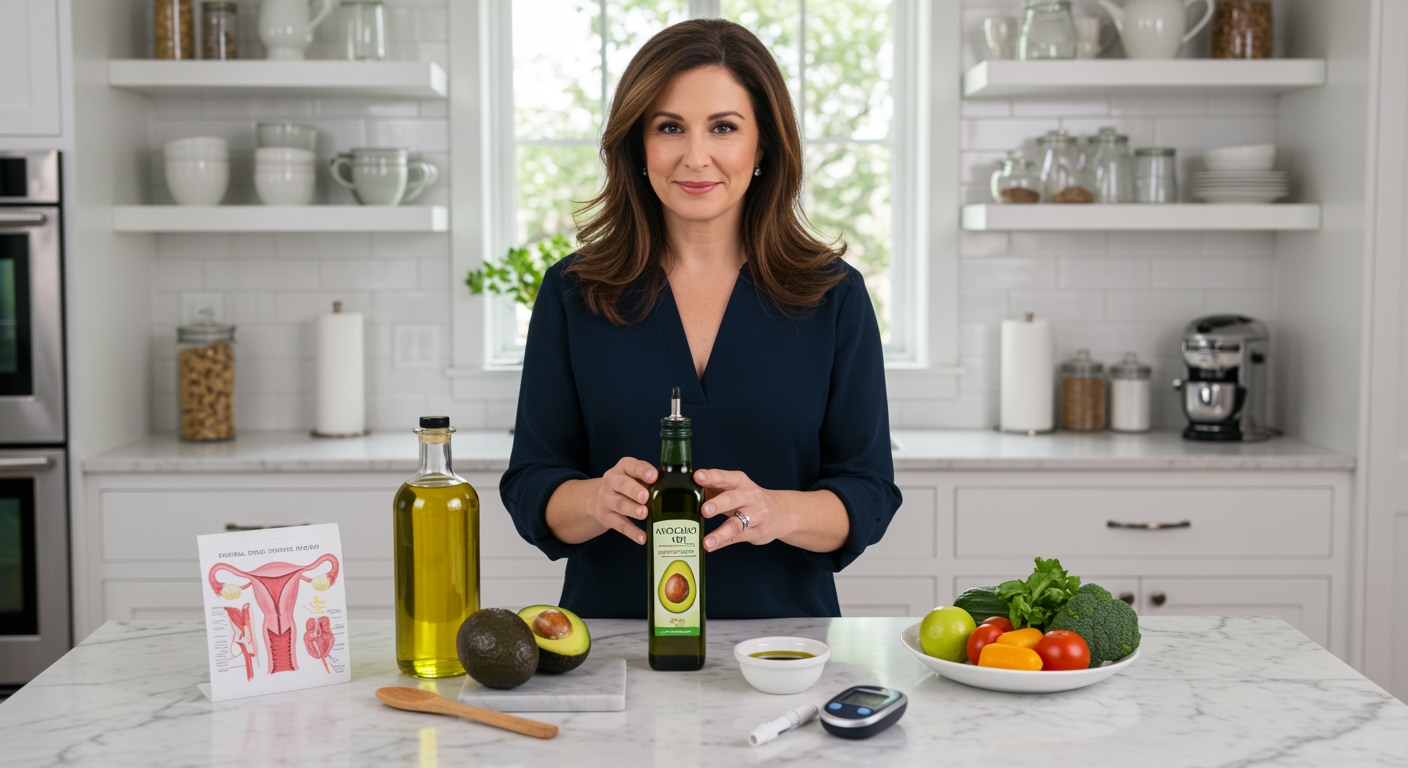✪ Key Takeaway: Honey is not always bad for PCOS when consumed in small amounts and chosen wisely as raw, unprocessed varieties.
Introduction
You have been told to avoid honey completely because you have PCOS.
This advice comes from the fact that insulin resistance affects up to 70% of women with PCOS, making blood sugar management crucial for symptom control.
Hi, I am Abdur, your nutrition coach and today I am going to explain why honey might not be your complete enemy and how you can make smart choices about this natural sweetener.
What Makes Honey Different From Regular Sugar?
Honey contains more than just simple sugars like table sugar does.
Raw honey provides antioxidants, enzymes, and small amounts of vitamins and minerals that refined sugar completely lacks.
The glycemic index of honey ranges from 35 to 58, which is lower than table sugar at 65.
This means honey causes a slower rise in blood sugar compared to regular sugar when consumed in equal amounts.
However, honey still contains about 80% sugar by weight, so portion control remains absolutely critical.
The fructose content in honey can actually help improve insulin sensitivity when consumed in very small amounts.
✪ Fact: Raw honey contains over 200 different compounds including antioxidants that may help reduce inflammation associated with PCOS.
Does Honey Actually Help With PCOS Symptoms?
Some research suggests that raw honey might offer specific benefits for women with PCOS.
A study published in the Journal of Research in Medical and Dental Science found that honey consumption improved lipid profiles in women with PCOS.
The antioxidants in honey, particularly flavonoids, may help reduce chronic inflammation that drives PCOS symptoms.
Honey also contains compounds that might help improve insulin sensitivity when consumed as part of a balanced diet.
However, these benefits only apply when honey is consumed in very small amounts, typically no more than one teaspoon per day.
The key is choosing the right type of honey and using it strategically rather than avoiding it completely.
✪ Pro Tip: Choose dark-colored raw honey like buckwheat or manuka honey for higher antioxidant content that may better support PCOS management.
When Should You Avoid Honey Completely?
You should avoid honey if you have severe insulin resistance or diabetes alongside your PCOS.
Women with uncontrolled blood sugar levels should focus on stabilizing glucose before introducing any sweeteners.
If you experience strong sugar cravings that lead to binge eating, honey might trigger these episodes.
Processed honey found in most grocery stores offers no benefits and should always be avoided.
Your healthcare provider might recommend avoiding all sweeteners if you are taking metformin or other blood sugar medications.
Listen to your body and monitor how even small amounts of honey affect your energy levels and cravings.
✪ Note: Always test your blood sugar response to honey by checking levels 1-2 hours after consumption to understand your individual tolerance.
How Can You Use Honey Safely With PCOS?
Start with no more than half a teaspoon of raw honey per day to test your body response.
Always pair honey with protein or healthy fats to slow down sugar absorption and prevent blood sugar spikes.
Use honey in homemade recipes where you can control the total amount rather than buying processed foods containing honey.
Choose raw, unfiltered honey from local sources when possible for maximum nutritional benefits.
Time your honey consumption around physical activity when your muscles can use the glucose more effectively.
Track your symptoms and energy levels for at least two weeks when introducing honey to your diet.
Remember that honey should replace other sweeteners in your diet, not add to your total sugar intake.
✪ Pro Tip: Mix a small amount of honey with Greek yogurt and nuts for a PCOS-friendly snack that provides protein, healthy fats, and controlled sweetness.
The Bottom Line
Honey is not always bad for PCOS when you choose raw varieties and consume them in very small amounts as part of a balanced diet.
Smart nutrition is about making informed choices, not following blanket restrictions that ignore individual needs and scientific nuance.
I would love to hear about your experience with honey and PCOS management, so please share your thoughts or questions in the comments below.
References
At NutritionCrown, we use quality and credible sources to ensure our content is accurate and trustworthy. Below are the sources referenced in writing this article:
- PMC: Honey and Health: A Review of Recent Clinical Research
- Journal of Research in Medical and Dental Science: The Effects of Nigella Sativa and Honey on Lipid Profile in PCOS
- PCOS Meal Planner: Is Honey Good for PCOS: What the Research Says
- PMC: Natural Honey and Cardiovascular Risk Factors





